Although the judiciary has taken steps to prosecute and punish officials who committed abuses, impunity for the perpetrators of certain human rights abuses remains a problem in Romania, as the authorities did not have effective mechanisms to act and delayed proceedings involving alleged police abuse and corruption, with the result that many of the cases ended in acquittals, notes the 2021 Human Rights Report unveiled on Wednesday by the U.S. Department of State.
"Civilian authorities maintained effective control over the intelligence service and the security agencies that report to the Ministry of Internal Affairs. There were credible reports that members of the security forces committed some abuses. Significant human rights issues included credible reports of: cases of cruel, inhuman, or degrading treatment or punishment by the government; widespread serious official corruption; lack of investigation and accountability for gender-based violence, including but not limited to domestic and intimate partner violence and sexual violence; and abuses targeting institutionalized persons with disabilities," reads the document.
It notes that "on November 10, the High Court of Cassation and Justice dismissed the indictment against former president Ion Iliescu and former vice prime minister Gelu Voican Voiculescu for crimes against humanity allegedly committed during the 1989 Romanian Revolution. The court returned the case to the Military Prosecutor's Office. According to the court, the indictment included several irregularities. The General Prosecutor's Office announced it would redraft and refile the indictment."
As of December the investigation of former president Ion Iliescu, former prime minister Petre Roman, former vice prime minister Gelu Voican Voiculescu, and former Intelligence Service director Virgil Magureanu for crimes against humanity committed during the 1990 "miners' riot" was ongoing. The defendants were accused of bringing thousands of miners to Bucharest to attack demonstrators opposed to Iliescu's rule, the document further states.
As regards torture and other cruel, inhuman, or degrading treatment or punishment, although the constitution and law prohibit such practices, there were reports from nongovernmental organizations (NGOs) and media that police and gendarmes mistreated and abused Roma, asylum seekers, minors, and other persons primarily with excessive force, including beatings. During the year authorities' investigations into two allegations of sexual
exploitation and abuse by Romanian peacekeepers originally reported in 2017 continued. The cases involved military observers deployed in UN Stabilization Mission in the Democratic Republic of Congo. One case involved the alleged sexual abuse (rape) of a minor. The peacekeeper in question was repatriated by the United Nations. The other case involved alleged sexual exploitation (transactional sex), the report writes.
Impunity was a significant problem in the security forces, particularly among police and gendarmerie. Police officers were frequently exonerated in cases of alleged beatings and other cruel, inhuman, or degrading treatment. The steps taken by the government to increase
respect for human rights by the security forces were: members of the police and gendarmerie received training on a wide range of human rights issues, including gender equality, abuse against children, prevention of torture, gender-based violence, and preventing discrimination; police schools and academies reserved several seats for admission opened only to persons of Romani ethnicity; police schools and academies, as well as gendarmerie schools, provided training to students, noncommissioned officers, and officers on racism, discrimination, and diversity.
With regard to prison and detention center conditions, the report notes that they remained harsh, with the facilities overcrowded and falling short of meeting international standards. The abuse of prisoners by authorities and other prisoners reportedly continued to be a problem. According to official figures, overcrowding remained a problem, particularly in those prisons that did not meet the standard of 4 sqm per prisoner set by the Council of Europe.
Several prisons provided insufficient medical care, and inmates complained that food quality was poor and sometimes insufficient in quantity. Also, in some prisons heating and ventilation were inadequate.
"The Constitution provides for an independent judiciary, although in practice the government did not completely respect judicial independence and impartiality," the report notes, pointing out that despite a May 18 European Court of Justice ruling that found the Section to Investigate Offenses in the Judiciary inconsistent with EU law, the government did not dismantle the entity, Agerpres.ro informs.
The Constitution provides for freedom of expression, including for members of the press and other media, and the government partially respected this right. Independent media organizations noted excessive politicization of media, corrupt financing mechanisms, as well as editorial policies subordinated to political parties and owners' interests. Reporters and civil society representatives said their freedom of expression was also limited by restricted access to information of public interest issued by the government and public institutions, including expenses, contracts, or bids involving public funds, and officials' academic records, and pandemic records, the report of the U.S. Department of State reads.
It goes on to mention the incident of December 11, when the Bucharest police detained Italian journalist Lucia Goracci and her crew working for Italian state television broadcaster RAI at the request of Senator Diana Sosoaca, who held the reporters against their will in her office during a previously agreed interview regarding her antivaccination views.
Another case mentioned is that of former dean of the Police Academy, Adrian Iacob, and his deputy, Mihail Marcoci, who were handed down a three-year suspended prison sentence, 120 hours of community service, and 80,000 lei ($18,900) in victim's compensation for inciting a police officer to blackmail and issue death threats against reporter Emilia Sercan after she exposed several cases of plagiarism in Police Academy doctoral dissertations, including in the dean's dissertation.
Also listed is the case of mayor of Bucharest Sector 4, Daniel Baluta, who filed more than 30 civil court cases and administrative complaints against the Libertatea newspaper and demanded the paper stop mentioning his name in their reporting.
Although the law provides criminal penalties for corruption by officials, corrupt practices remained widespread despite several high-profile prosecutions. There were numerous reports of government corruption during the year, sometimes with impunity.
"Corruption and misuse of public funds were widespread," notes the report, citing the case of the mayor of Bucharest Sector 3, Robert Negoita, who, between 2012 and 2014, funneled 83 million euros ($95.5 million) in public funds to a network of offshore companies linked to his family.
Bribery was also common in the public sector, especially in health care, notes the document, stating that for instance, during the COVID-19 pandemic, the National Anticorruption Directorate has launched several investigations into procurement fraud related to purchasing personal protective equipment and ventilators.
Gender-based violence, including domestic violence, continued to be a serious problem that the government did not effectively address. Courts prosecuted very few cases of domestic violence. Many cases were resolved before or during trial when the alleged survivors dropped their charges or reconciled with the alleged abuser.
The government did not effectively enforce the law banning sexual harassment, defined as as repeatedly asking for sexual favors in a work or similar relationship. According to reports by NGOs, police often mocked victims of sexual harassment or tried to discourage them from pressing charges.
The government did not effectively enforce the law on gender discrimination either, as women experienced discrimination in marriage, divorce, child custody, employment, credit, pay, owning or managing businesses or property, education, the judicial process, and housing. Segregation by profession also existed, with women overrepresented in lower-paying jobs, the report states.
"Under the law discrimination and harassment based on ethnic or racial criteria is punishable by a civil fine unless criminal legal provisions are applicable," yet according to the report, prosecutions based on discrimination and violence against racial or ethnic minorities were rare.
Discrimination against Roma also continued to be a problem. A lack of identity documents excluded many Roma from participating in elections, receiving social benefits, accessing health insurance, securing property documents, and participating in the labor market.
"Ethnic Hungarians continued to report discrimination related mainly to the use of the Hungarian language, reporting that the government did not enforce the law that states that ethnic minorities are entitled to interact with local governments in their native language in localities where a minority constitutes at least 20 percent of the population."
The document also notes that acts of anti-Semitism occurred during the year in Romania - a country with a Jewish population of 3,271 - as per a 2011 census. The document mentions the incident of September 12 in the northern city of Bistrita, when unknown persons vandalized a memorial dedicated to the Jews who were deported to Auschwitz and Birkenau. Also, on March 18, the director of the Jewish State Theater, Maia Morgenstern, stated on social media that during a meeting with representatives of public theaters and cultural institutions, one of the participants used anti-Semitic slurs.
"In a declaration adopted on March 31, the Parliament stated that anti-Semitic incidents were on the rise and condemned attempts to glorify Holocaust-era war criminals and the threats received by Morgenstern," the document reads, mentioning also that according to the Elie Wiesel Institute for the Study of the Holocaust in Romania, streets, organizations, schools, or libraries continued to be named after persons convicted for war crimes or crimes against humanity.
Regarding discrimination based on sexual orientation and gender identity, it cites the gender advocacy NGO ACCEPT stating that hate crimes were severely underreported and authorities have not initiated prosecution in any reported LGBTQI+ hate crime case since 2006.
Despite the law prohibiting all forms of forced or compulsory labor, there were reports that such practices continued to occur, often involving Romani, persons with disabilities, and children, as the government did not effectively enforce the law and only took limited measures to prevent forced or compulsory labor.
Informal employment continued to affect employees in the agriculture, retail, hospitality, and construction sectors. In 2013 undeclared work
represented 18.9 percent of total labor output in the private sector. In 2019 some 25 percent of Romanians admitted they had engaged in undeclared work and 44 percent knew someone who had engaged in undeclared labor, the report of the U.S. Department of State concludes.


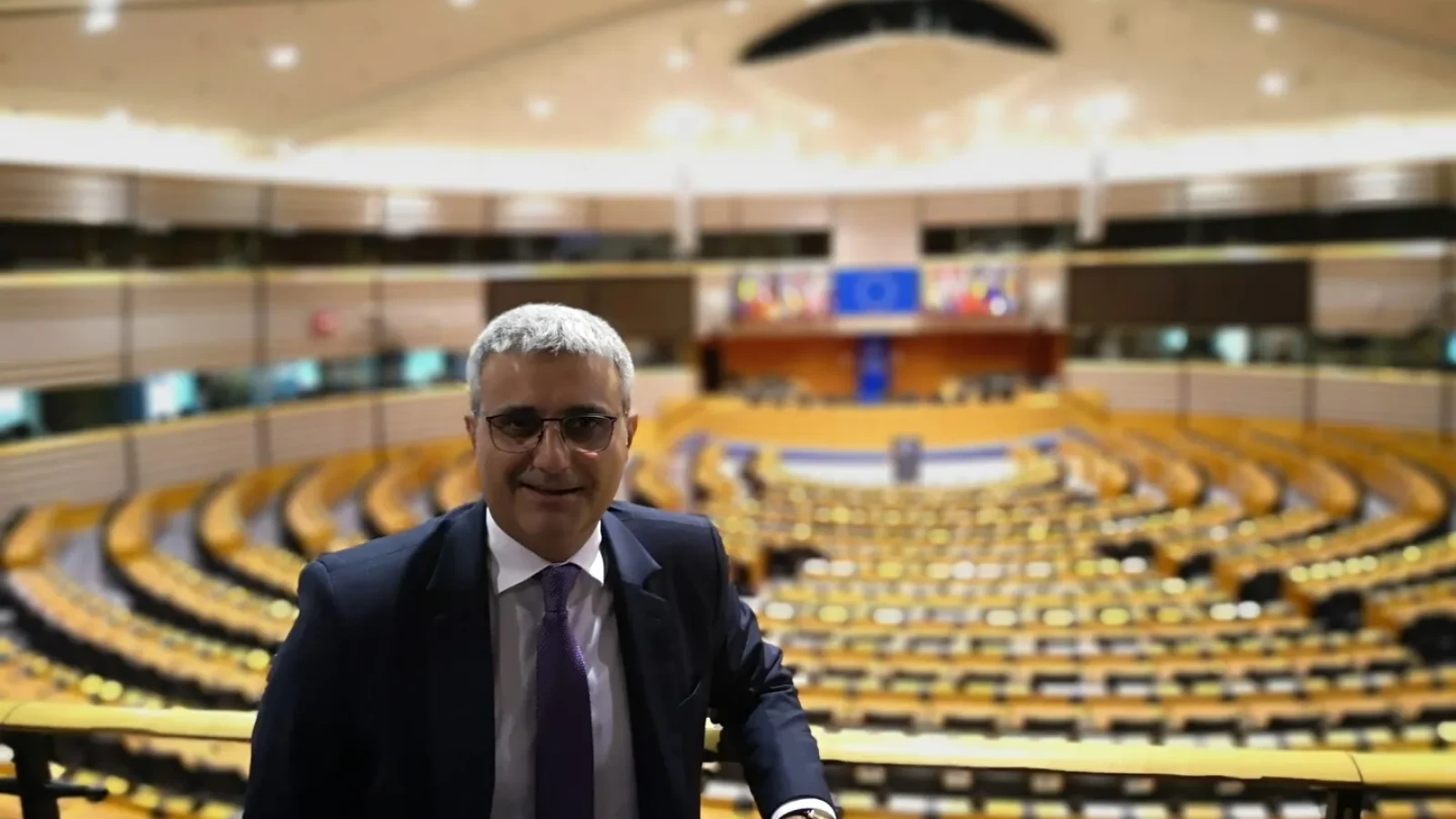

















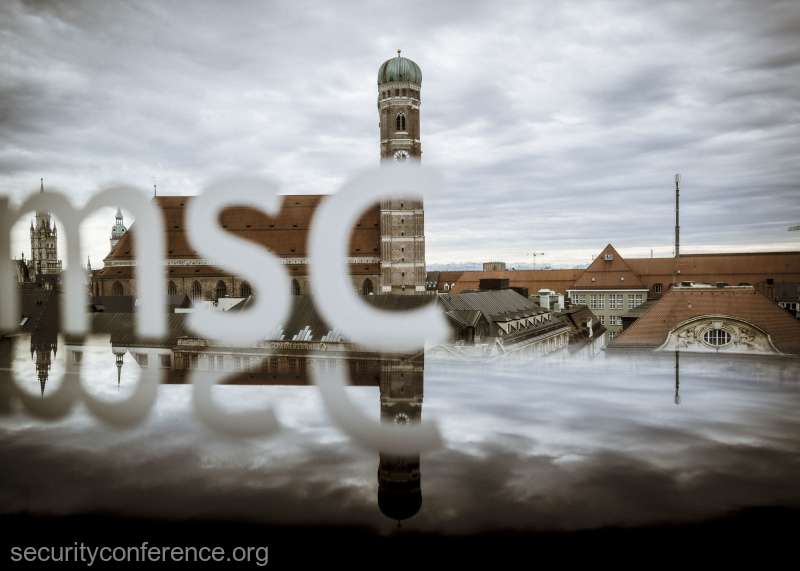
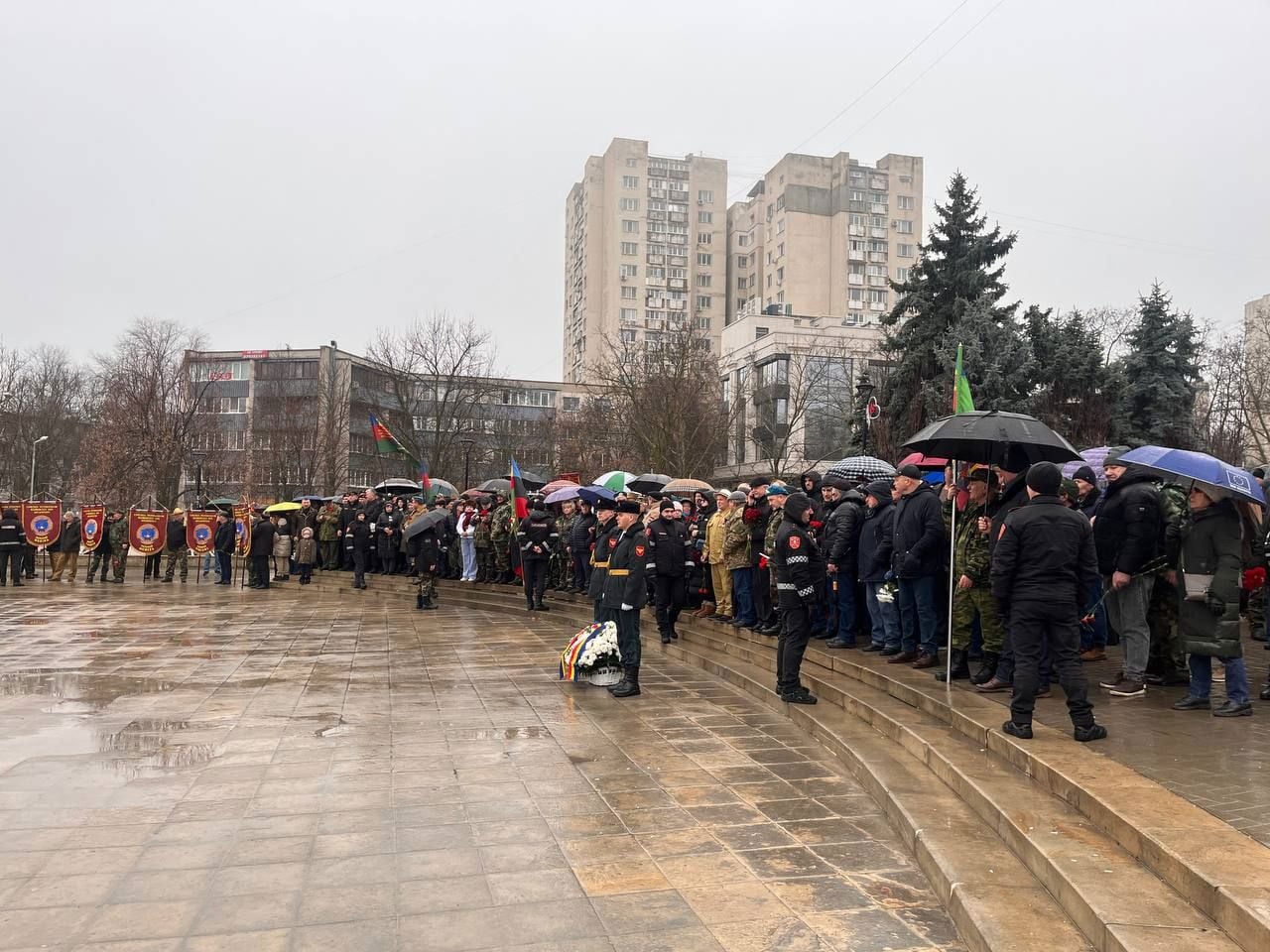
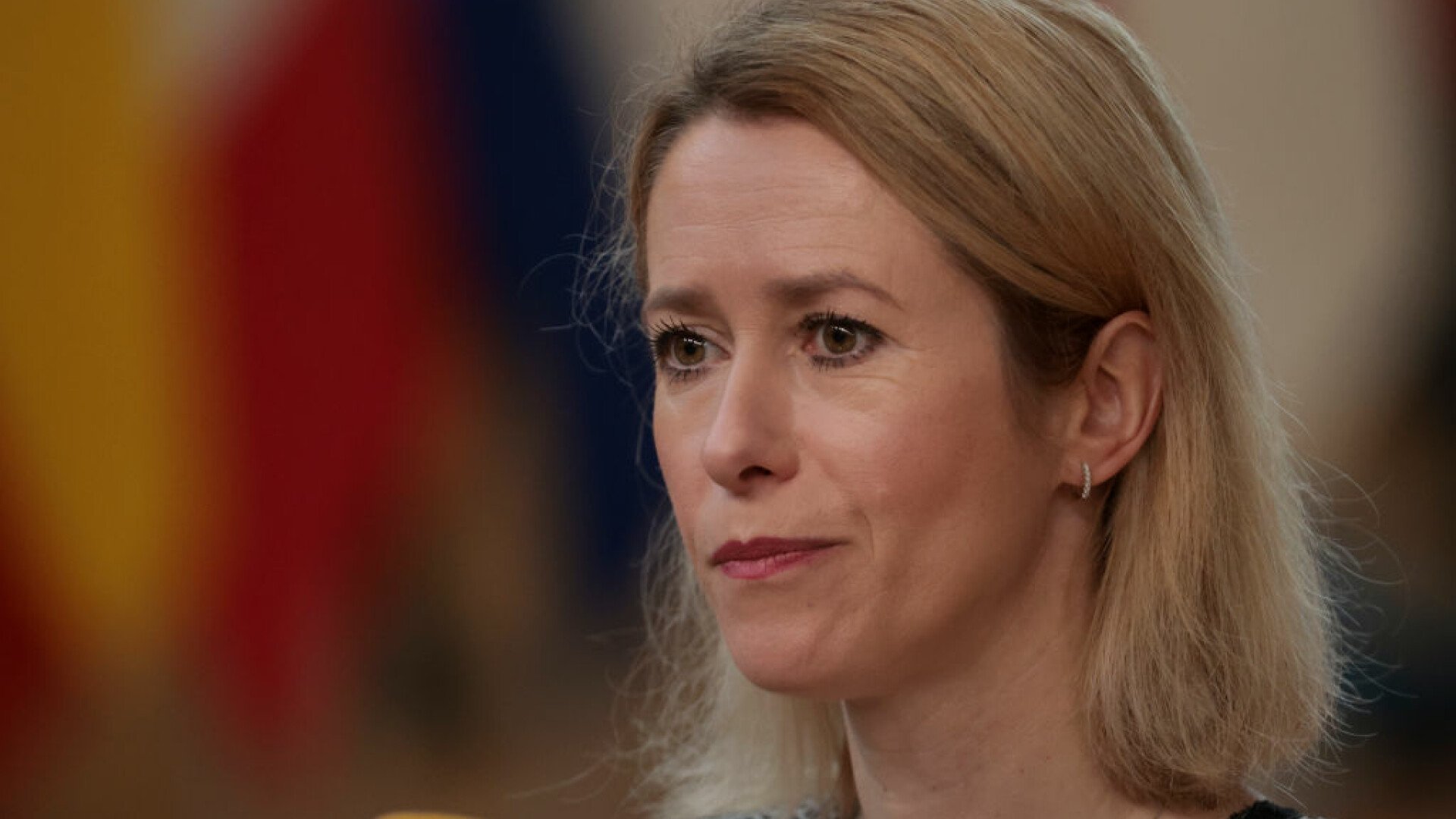
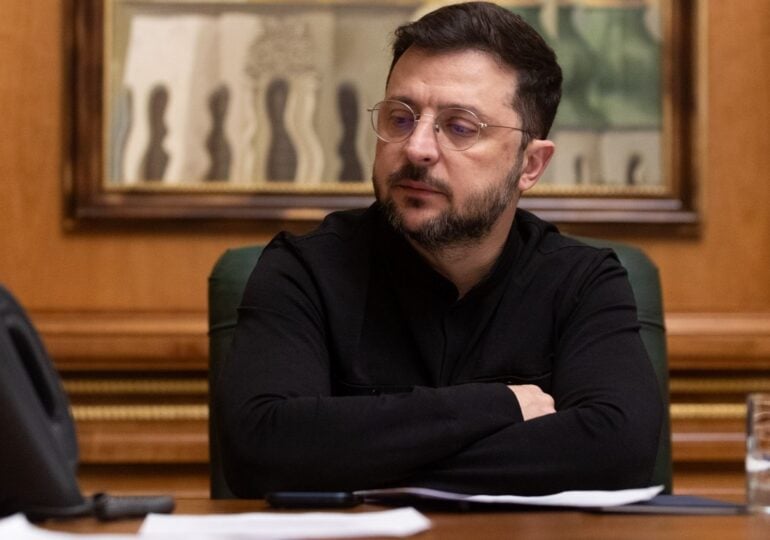








Comentează